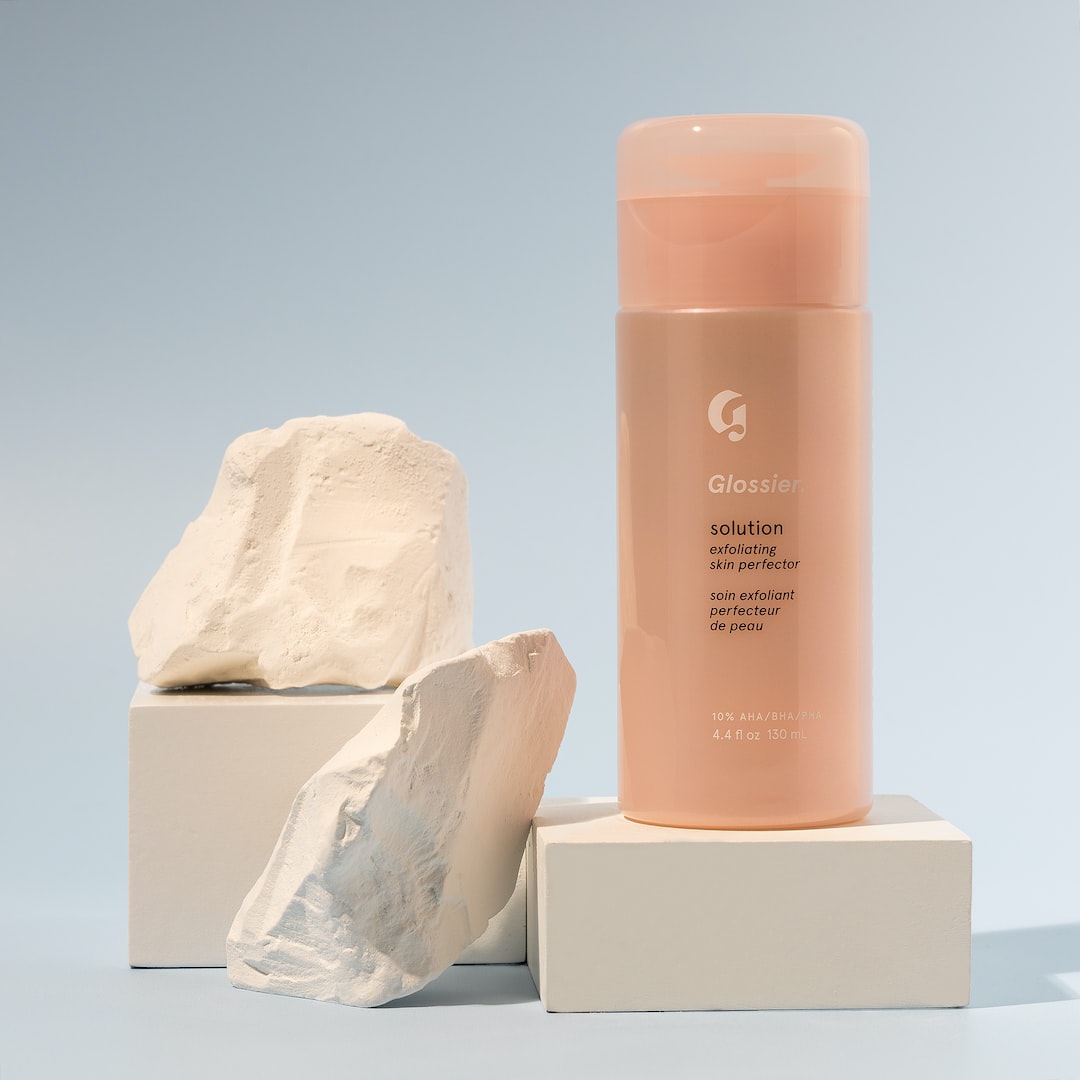The Benefits of Using Natural Ingredients in Beauty Products
In recent years, there has been a growing demand for natural beauty products as consumers become more aware of the potential risks associated with using products containing synthetic chemicals. As a result, many beauty brands have started to incorporate natural ingredients into their formulations. Besides being safer for our health and the environment, these natural ingredients offer numerous benefits for our skin, hair, and overall well-being. Let’s explore some of the advantages of using natural ingredients in beauty products.
Firstly, natural ingredients are gentler on our skin. Many synthetic chemicals commonly found in beauty products can cause irritation, redness, and dryness. On the other hand, natural ingredients are often hypoallergenic and less likely to trigger adverse reactions. Ingredients such as aloe vera, chamomile, and green tea possess soothing properties that can calm sensitive skin and reduce inflammation. By using products with natural ingredients, individuals with sensitive skin can finally enjoy a beauty routine without worrying about potential side effects.
Another major benefit of opting for natural beauty products is their ability to nourish and enrich our skin and hair. Natural oils like argan oil, jojoba oil, and coconut oil are packed with vitamins, antioxidants, and fatty acids that deeply moisturize and condition the skin. These oils can help maintain the skin’s natural barrier, preventing moisture loss and keeping it soft, supple, and youthful. Similarly, hair can benefit from the nourishment provided by natural ingredients like avocado, shea butter, and honey, resulting in shinier, healthier locks.
Additionally, the use of natural beauty products contributes to the preservation of our planet. Many conventional beauty products are made with non-renewable resources and harmful chemicals that not only deplete the earth’s natural resources but also pollute our water sources and harm marine life. By using beauty products made with natural ingredients, we can reduce our carbon footprint and support sustainable practices. Furthermore, many natural beauty brands prioritize eco-friendly packaging options, such as recyclable materials and minimal use of plastic, further reducing environmental harm.
Moreover, natural ingredients often offer long-term benefits by addressing the root causes of common beauty concerns. Rather than providing quick fixes that might only temporarily mask the issue, natural ingredients work to improve the health of our skin and hair. For example, tea tree oil possesses antibacterial properties that can help combat acne and prevent future breakouts, while rosehip oil is known for its ability to fade scars and promote skin regeneration. By using natural ingredients, we can achieve healthier and more radiant skin and hair in the long run.
Lastly, but certainly not least, using natural beauty products can give us peace of mind, knowing that we are making conscious choices for our well-being. Many conventional beauty products contain “hidden” ingredients that are potentially harmful to our health, such as parabens, phthalates, synthetic fragrances, and sulfates. These chemicals have been associated with health issues like hormonal disruptions and allergies. By switching to natural products, we can avoid these risks and enjoy the benefits of ingredients that are derived from nature and have been trusted for centuries.
In conclusion, the benefits of using natural ingredients in beauty products are numerous and undeniable. From being gentle on our skin to nourishing our hair, preserving the environment, and providing long-term benefits, natural ingredients offer a holistic approach to beauty and well-being. Making the switch to natural beauty products not only enhances our physical appearance but allows us to cultivate a more sustainable and conscious lifestyle. So, why not embrace the power of nature and reap the rewards it has to offer?

